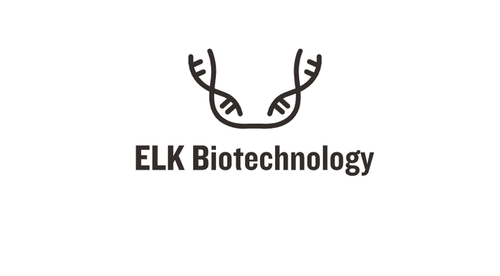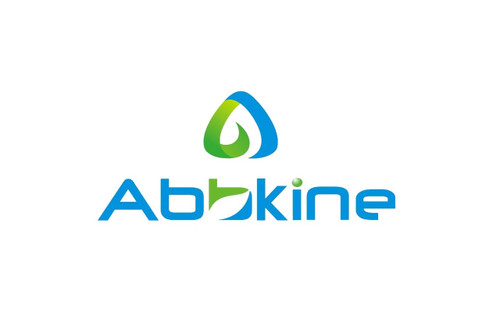Product Description
Human Thyroid transcription factor 1 (TITF1) ELISA Kit | AE63053HU | Abebio
Species Reactivity: Human (Homo sapiens)
Abbreviation: TITF1
Alternative Name: BCH; BHC; NK-2; NKX2.1; NKX2A; TEBP; TITF1; TTF-1; TTF1; NK-2 homolog A|thyroid nuclear factor|thyroid transcription factor 1
Application: ELISA
Range: 0.156-10 ng/mL
Sensitivity: 0.058 ng/mL
Intra-Assay: ≤4.3%
Inter-Assay: ≤8.6%
Recovery: 1, 05
Sample Type: Serum, Plasma, Other biological fluids
Detection Method: Sandwich
Analysis Method : Quantitive
Test Principale: This assay employs a two-site sandwich ELISA to quantitate TITF1 in samples. An antibody specific for TITF1 has been pre-coated onto a microplate. Standards and samples are pipetted into the wells and anyTITF1 present is bound by the immobilized antibody. After removing any unbound substances, a biotin-conjugated antibody specific for TITF1 is added to the wells. After washing, Streptavidin conjugated Horseradish Peroxidase (HRP) is added to the wells. Following a wash to remove any unbound avidin-enzyme reagent, a substrate solution is added to the wells and color develops in proportion to the amount of TITF1 bound in the initial step. The color development is stopped and the intensity of the color is measured.
Product Overview: Thyroid transcription factor-1 (TTF-1) is a protein that regulates transcription of genes specific for the thyroid, lung, and diencephalon. It is also known as thyroid specific enhancer binding protein. It is used in anatomic pathology as a marker to determine if a tumor arises from the lung or thyroid.TTF-1 positive cells are found in the lung as type II pneumocytes and Clara cells. In the thyroid, follicular and parafollicular cells are also positive for TTF-1.For lung cancers, adenocarcinomas are usually positive, while squamous cell carcinomas and large cell carcinomas are rarely positive. Small cell carcinomas (of any primary site) are usually positive. TTF1 is more than merely a clinical marker of lung adenocarcinoma. It plays an active role in sustaining lung cancer cells in view of the experimental observation that it is mutated in lung cancer.
Stability: The stability of ELISA kit is determined by the loss rate of activity. The loss rate of this kit is less than 5% within the expiration date under appropriate storage condition. The loss rate was determined by accelerated thermal degradation test. Keep the kit at 37°C for 4 and 7 days, and compare O.D.values of the kit kept at 37°C with that of at recommended temperature. (referring from China Biological Products Standard, which was calculated by the Arrhenius equation. For ELISA kit, 4 days storage at 37°C can be considered as 6 months at 2 - 8°C, which means 7 days at 37°C equaling 12 months at 2 - 8°C) .
 Euro
Euro
 USD
USD
 British Pound
British Pound
 NULL
NULL












